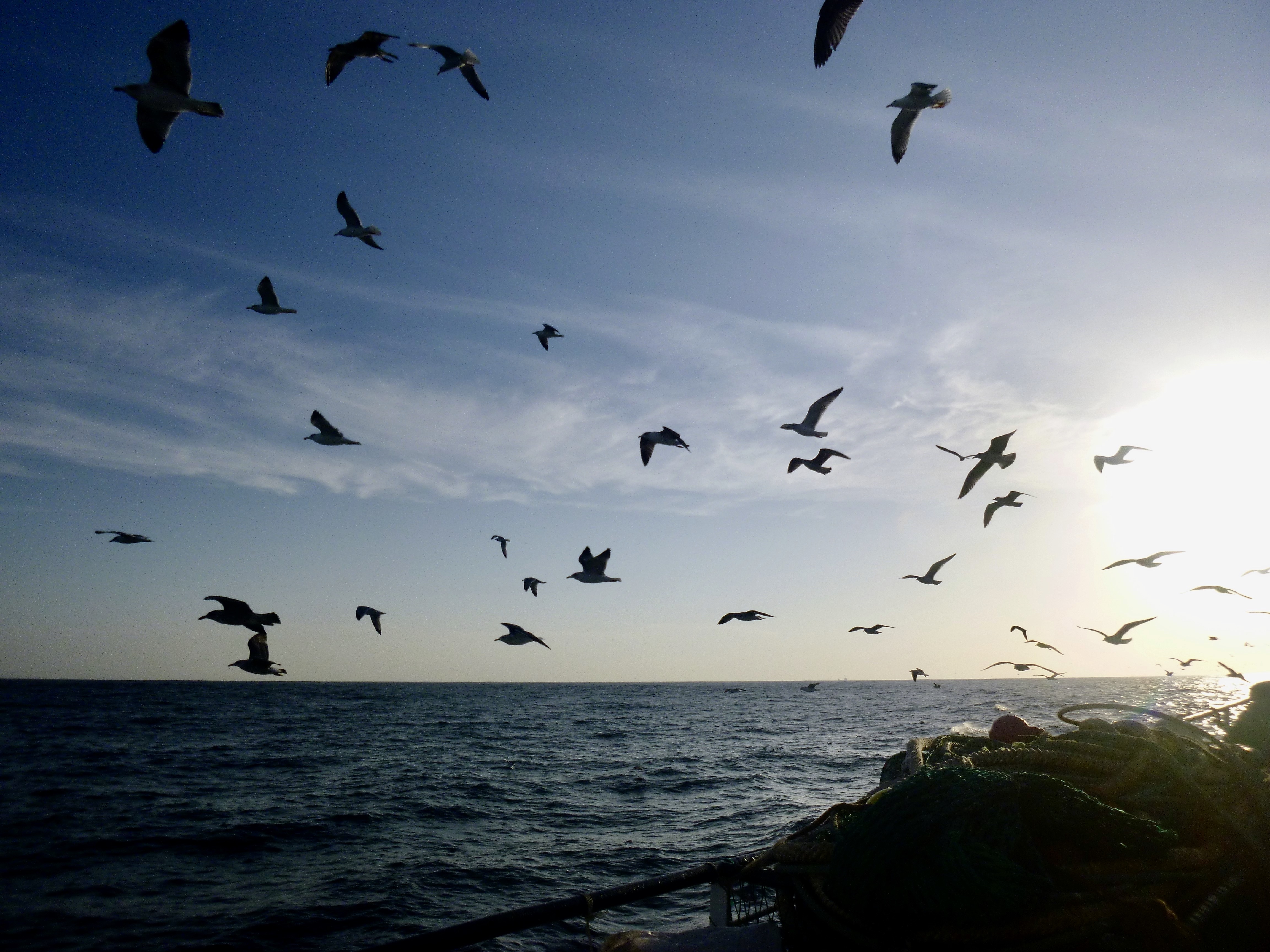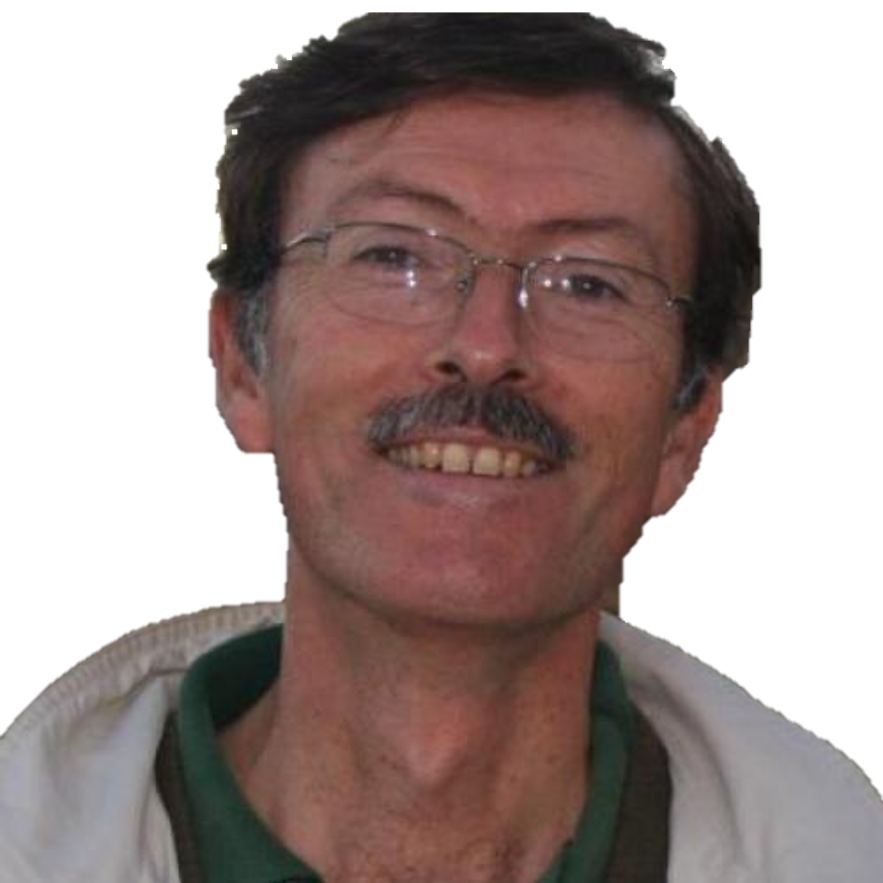“It’s the time to promote and value other species”


Albeit the fisheries sector had already seen better days, this is the right time to change the situation says the researcher of MARE Leonel Gordo, who’s giving an interview to Marine and Environmental Sciences Centre.
Leonel Gordo had worked with estuarine species and coastal lagoons, although this subject was not the main focus of his investigation. With hindsight, he started to work with commercial coastal species during his internship and continued throughout his career, doing research with pelagic, demersal and deep-water species, both teleosts and elasmobranchs. He has entered the world of estuarine and coastal lagoon species in 1992, after his PhD. Due to economic reasons (species at no cost, having only to bear the payment to the fisherman), would keep this research for three years. After that, he returned to the study of commercial species, his main interest, always committed with the production of knowledge on commercial species, addressing issues of sustainability, namely through a better assessment and management of the resources.
You coordinate the thematic line Aquaculture and Fisheries. Can you explain us the work of this line?
The thematic research line (TRL) in Aquaculture and Fisheries was created in 2017, following the change in direction of MARE, that felt the necessity to reformulate the existing ones. It is a thematic area that brings together a significant number of researchers (more than 80), with strong representation in its two components: fisheries and aquaculture. Both are part of a large global thematic domain that addresses the study of resources and constitutes a very important sector for the country. TRL members work on a diversified array of topics, all of them with high applicability, from population structure studies to small-scale fisheries, valorisation of species with little or no commercial interest, structure of estuarine communities, cultivation of new species or cultivation of algae, nutrition in aquaculture, cultivation of barnacles or the study of invasive species, only to name but a few examples.
What fascinated you and still fascinates today in this world of research? Is creativity (was it ever) a solution for research?
Research is, and will always be, a permanent challenge. I work in a field where interdisciplinarity is essential, especially for the progress of knowledge. An area in which working in group is essential and, I am not talking only about the small laboratory group, committed to solving a specific issue, but about the bridges that we need to create with partners from other institutions to come up with ideas and solve concrete issues. This is where creativity takes place.
Fishing industry has had better days. Catch limits, especially due to overfishing, do not always help the market, but the opposite (the lack of limits) does not cooperate with the oceans and the species. What is your position about this panorama? As researcher, what do you think should be the right direction to take?
Fisheries have been responsible for the depletion of species and, for 50 years now, the percentage of resources outside the sustainable biological limits has increased from 10% to around 35%. Of the 65% of resources that are within sustainability limits, more than 80% are being exploited to their maximum capacity, which, at the slightest slip, will become non-sustainable. Thus, the focus, in my point of view, should be on the rehabilitation (recovery) of the resources in the most delicate situation, with efficient management measures but remembering that fishermen are part of the system we call fisheries. Any solution should be achieved gathering the sector stakeholders, e.g., administrative, scientists and fishermen.
Another very important aspect has to do with species that can no longer withstand further exploitation and whose recovery requires the imposition, necessary, of periods of absence of exploitation. This is the best time to promote and encourage the capture of other species that are not yet in a critical situation and could replace them for commercial purposes.
It is therefore important to identify alternative resources that have not yet been valued, but which, from a nutritional point of view, would be equally interesting options to consider.
How is your daily routine as a researcher? Between field trips, the laboratory and moments on the computer, how do you manage your work?
Nowadays, my everyday life is more computer-based than it is laboratory-based. I think it is the natural sequence of research life linked to the age of the researcher... I coordinate a fantastic team that talks and discusses a lot about the tasks to be done, so the laboratory work takes place more during these periods of discussion than actually within a laboratorial routine. As regards fieldwork, although I'm the oldest, I continue to participate and I do it with great pleasure, despite being very demanding for me, especially the work at the fish ports, where we have to choose the best boxes for biological or length frequency sampling. It is a very hard work that requires lifting boxes of 20 kg, sometimes more often than I would wish...
How do your family and friends look at your work?
They see it with interest, knowing that it is an applied work. As regards the family, and after 40 years of work, they have been unable to become accustomed to the odour of fish remaining in the car after the sampling. Something that I don't even notice anymore...
If you had to give some advice to our followers, what would be the environmental advice you would give?
The 3 R policy: Recycle, Reduce and Reuse to which I would add a V of Valuing
